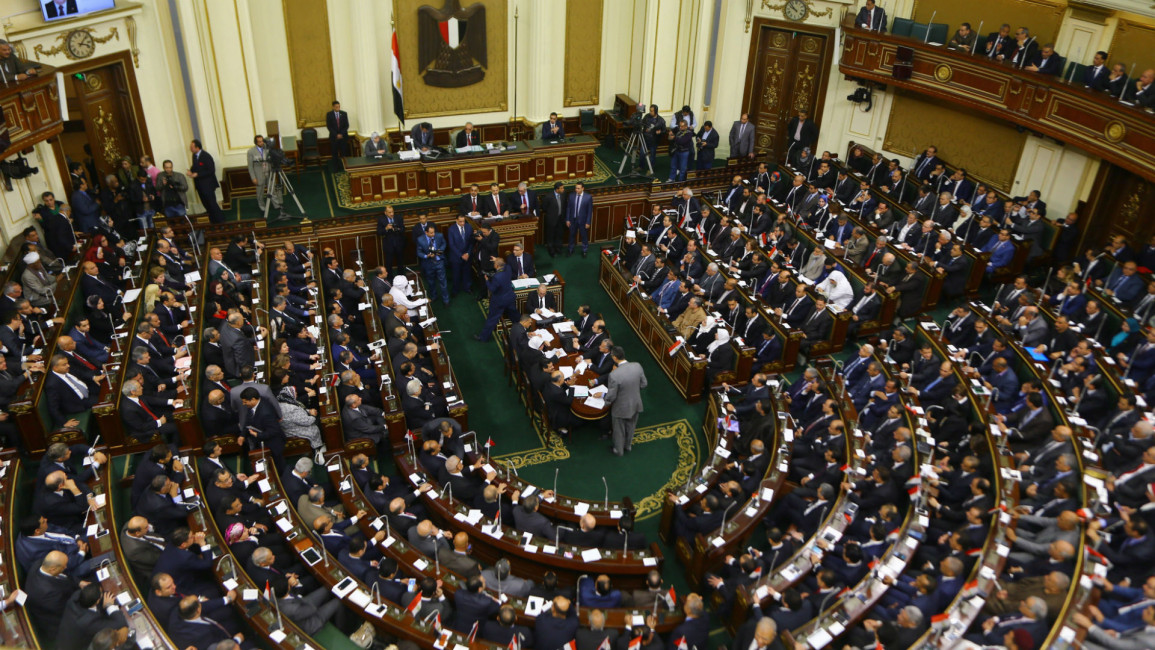Egypt lawmakers slam Sisi's steep fuel price hikes in rare public criticism
A group of Egyptian lawmakers have slammed the country's president after he imposed steep new hikes on fuel prices as part of austerity measures.
Parliament's 25-30 bloc made the rare public criticism of President Abdel Fattah al-Sisi in a statement on Sunday.
"We frankly declare that the President's insistence on what he calls an economic reform plan… is putting the country on a dangerous path," the statement said.
"This is proven by the painful reality and suffering of Egyptians along with the crushing of the poor and middle classes."
The statement called on Sisi to hold a conference for all political parties to discuss alternative solutions to save the country's ailing economy.
The Civil Democratic Movement, an alliance of opposition parties, on Sunday backed the lawmakers' criticism of Sisi.
Egypt on Saturday announced the new hikes on fuel prices tied to an IMF loan as it seeks to cut subsidies and reduce its public debt.
Police simultaneously ramped up security at petrol stations across the country.
They likely fear the hikes could cause protests such as when dozens of people demonstrated against an increase in fares for the Cairo metro in May.
This is the third time the government has increased fuel prices since austerity measures were announced in late 2015. The move is likely to send prices soaring further.
Egypt has imposed harsh austerity measures and started phasing out subsidies on many goods and services since November 2016, when the International Monetary Fund approved a three-year $12 billion loan.
Sisi, who has attempted to stamp out all dissent in the country, was re-elected in March for his second term with 97 percent of the vote.
He faced only one little-known challenger after more serious opponents were either detained or sidelined.
Price hikes and a proposed income tax law in Jordan sparked angry but peaceful protests earlier this month that brought down the prime minister.



